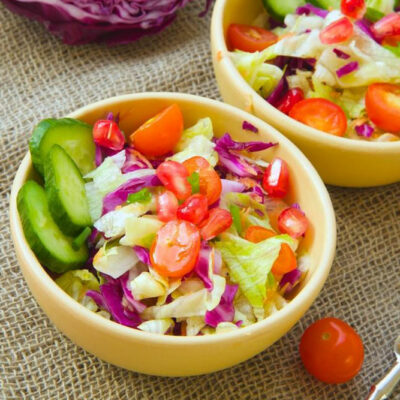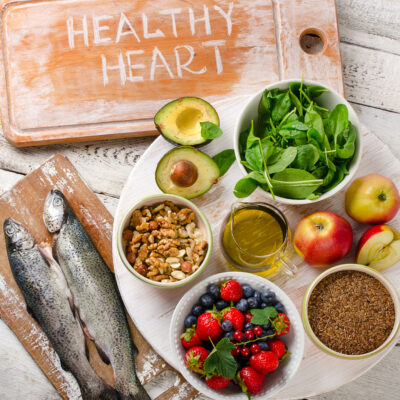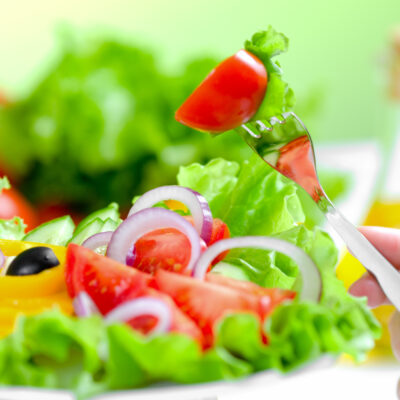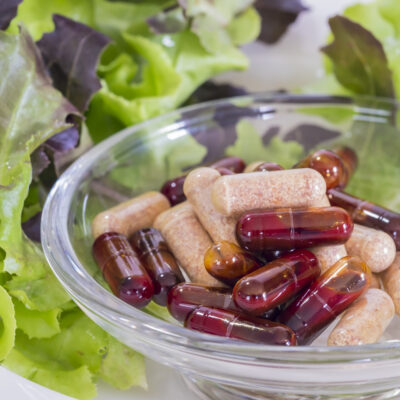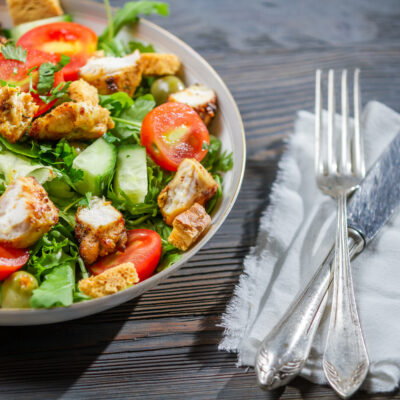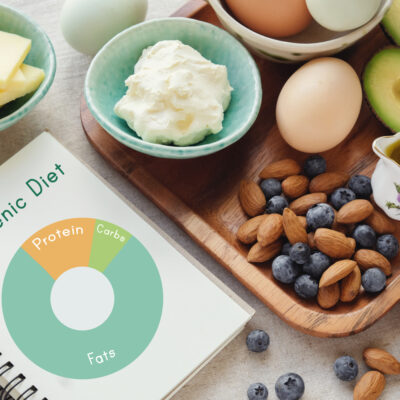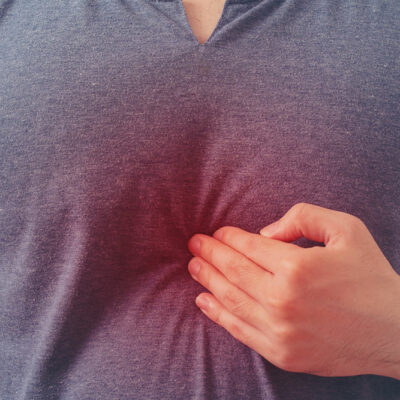
Food
Common Trigger Foods for GERD
Acid reflux occurs when the stomach contents move up into the esophagus and causes an uncomfortable burning sensation in the chest. When a person has symptoms of acid reflux more than twice a week, it could be a condition called gastroesophageal reflux disease, or GERD. GERD can cause health complications, like difficulty swallowing, breathing problems including asthma or a chronic cough. The condition differs from person to person and so can its symptoms, but there are certain foods that are known to trigger GERD. Trigger foods that experts and nutritionists consider as chief causes of GERD are: 1. Citrus fruits Fruits like oranges, pineapples, and grapefruit should be avoided because they contain citric acid. It increases the acidity of an already upset stomach and esophagus. 2. Caffeinated drinks We all love our tea and coffee. For many starting their day without caffeine is unheard of. But if you are prone to regular stomach issues, you need to avoid drinking caffeine. Experts suggest cutting down on the intake of caffeine gradually. Following their advice consistently, can help you avoid GERD effectively. 3. Garlic and onions Garlic and onions are known as trigger foods for GERD and should be avoided if you easily are affected due to acidic digestion.
Read More 